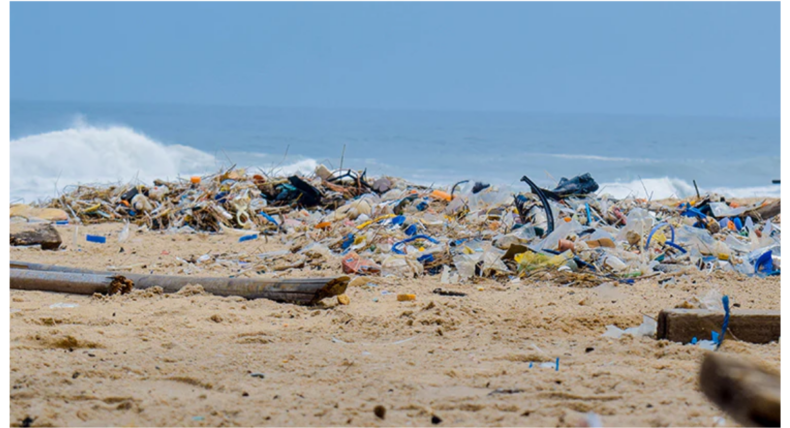Keyword: Green Revolution, Single use plastic,Non Biodegradable
“Green Revolution 2.0”- Ban on Single use plastic from July 1, 2022
State governments will launch an enforcement campaign and shut down facilities involved in the production, distribution, stocking, and sale of specific single-use plastic (SUP) items as the ban becomes effective on Friday, according to officials with the Union Environment Ministry.
According to Section 15 of the Environmental Protection Act (EPA) and the ordinances of the relevant municipal corporations, violating the ban will result in punitive action, including a fine or a jail sentence or both, they stated.
As of Friday, India will join other nations in marking a shift in the way its people consume goods by outlawing 19 “low value” single-use plastic items.
Bann on single-use plastic:
The ban on single-use plastics in India goes into effect on October 2nd of this year, with the goal of eliminating all single-use plastics by 2022. Because of the restriction, businesses including hotels, offices, airports, and airlines will soon stop using single-use plastic altogether and switch to recyclable plastic, cardboard, or paper in its place.
Single-use plastic manufacturing and import are both prohibited. Without a doubt, this is a great initiative.
India, which has one of the world’s longest coasts, is partly to blame for the pollution issue in the oceans that surround the country.
The extinction of fish and other marine species will be slowed down by this prohibition. Additionally, it will have a favourable effect on the toxicity issue with the chemicals left over from decomposing plastic, preventing land animals and people from ingesting dangerous compounds that could jeopardies their lives.
Positively, many sizable international corporations are now aware of the harm that single-use plastics cause to the environment. Instances include the prohibition of single-use plastic at Hyatt Hotels, Starbucks, and McDonald’s (in some countries).
Single-use plastic:
Its term relates to plastic packaging that cannot be recycled and cannot be reused, depending on the type of plastic used.
These are all regular, daily objects that endanger the environment. It is advisable to pay attention to the plastic packaging you purchase for your own goods and resolve not to buy anything that uses single-use plastic if you want to live a clean lifestyle.
The following is a list of single-use plastic products:
- Straws
- Disposable cutlery
- Plastic bags for shopping
- Temporary plastic covers for hot beverages
- Bottled water in plastic
Why Single use plastic is harmful
- Remember that plastics do not biodegrade; instead, they progressively fragment into small plastic particles known as micro-plastics.
- These microplastics not only endanger marine life but also emit hazardous compounds into the atmosphere, plant life, and animal tissue.
- Because these hazardous compounds permeate both plant and animal tissue, even a strict vegan is not protected from them since we humans eat meat, fish, fruit, and vegetables.
- It’s concerning that few people are aware that single-use plastics like Styrofoam are exceedingly hazardous and can gravely harm the nervous system, lungs, and reproductive organs if consumed.
Alternative for single-use plastic
- Use reusable shopping bags.
- Don’t use a straw.
- Recycling is key!
The Green Revolution
The term “Green Revolution” describes a rise in food grain output brought on by the adoption of high yielding variety (HYV) seeds, fertilizers, insecticides, and irrigation systems.
The introduction of new, high-yielding cultivars into developing countries starting in the middle of the 20th century led to a significant rise in the production of food grains (particularly wheat and rice) and is known as the “green revolution.”
According to the census of 2021, the output yield in India has increased by 44% as a result of the Green Revolution.
The “Green Revolution” has an impact on many nations, including those in Asia, Africa, Latin America, Brazil, and the Philippines.












